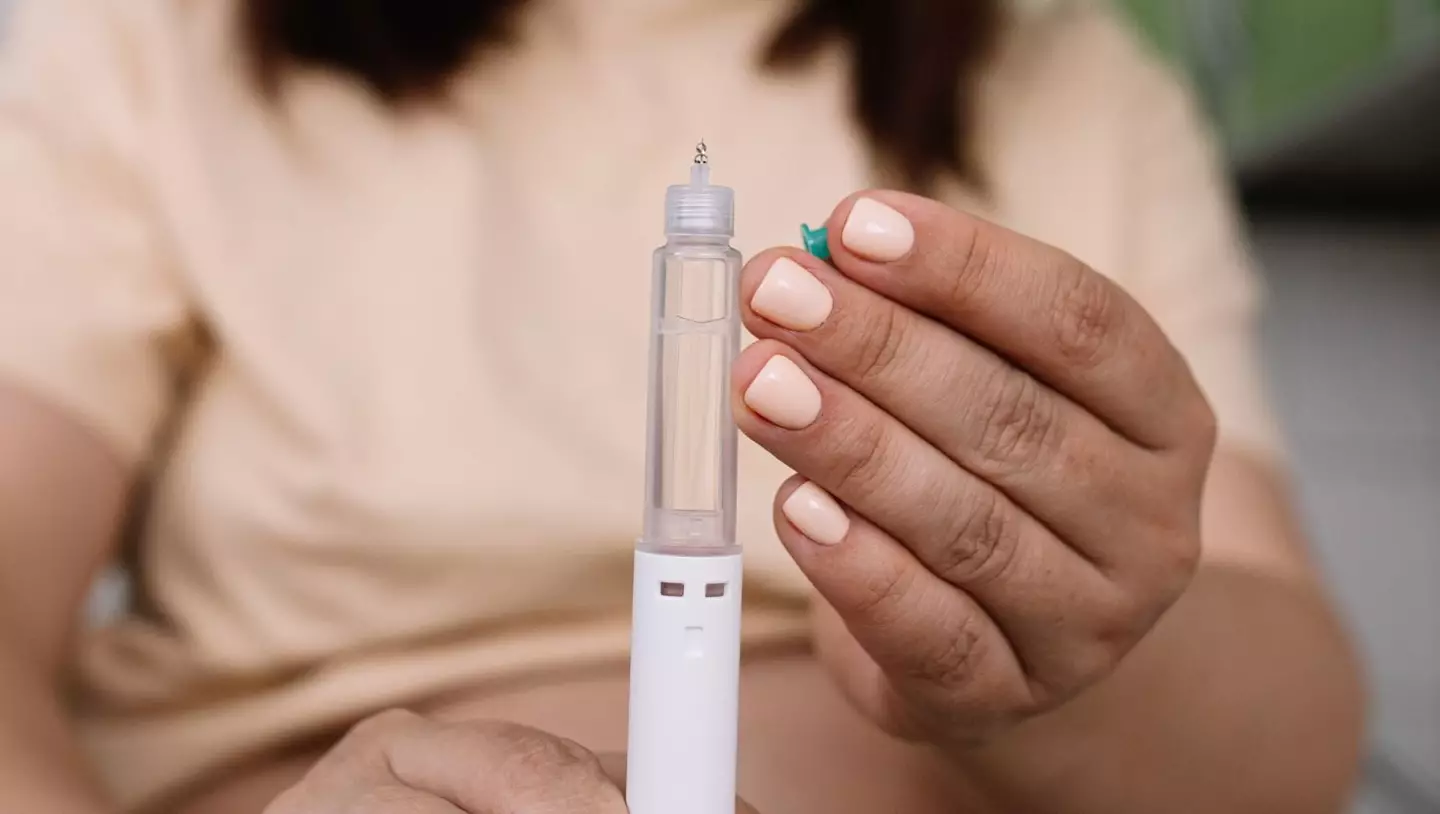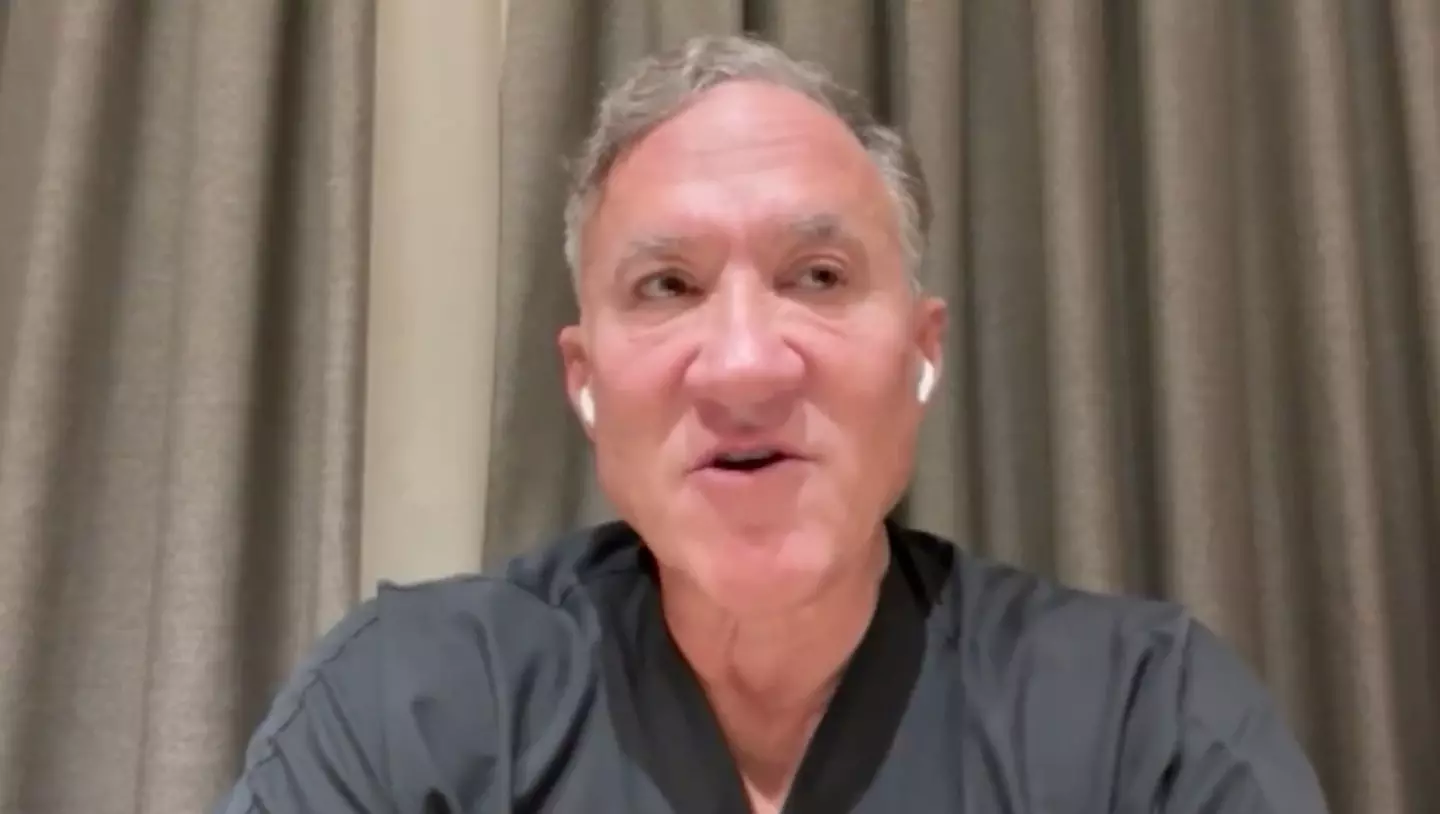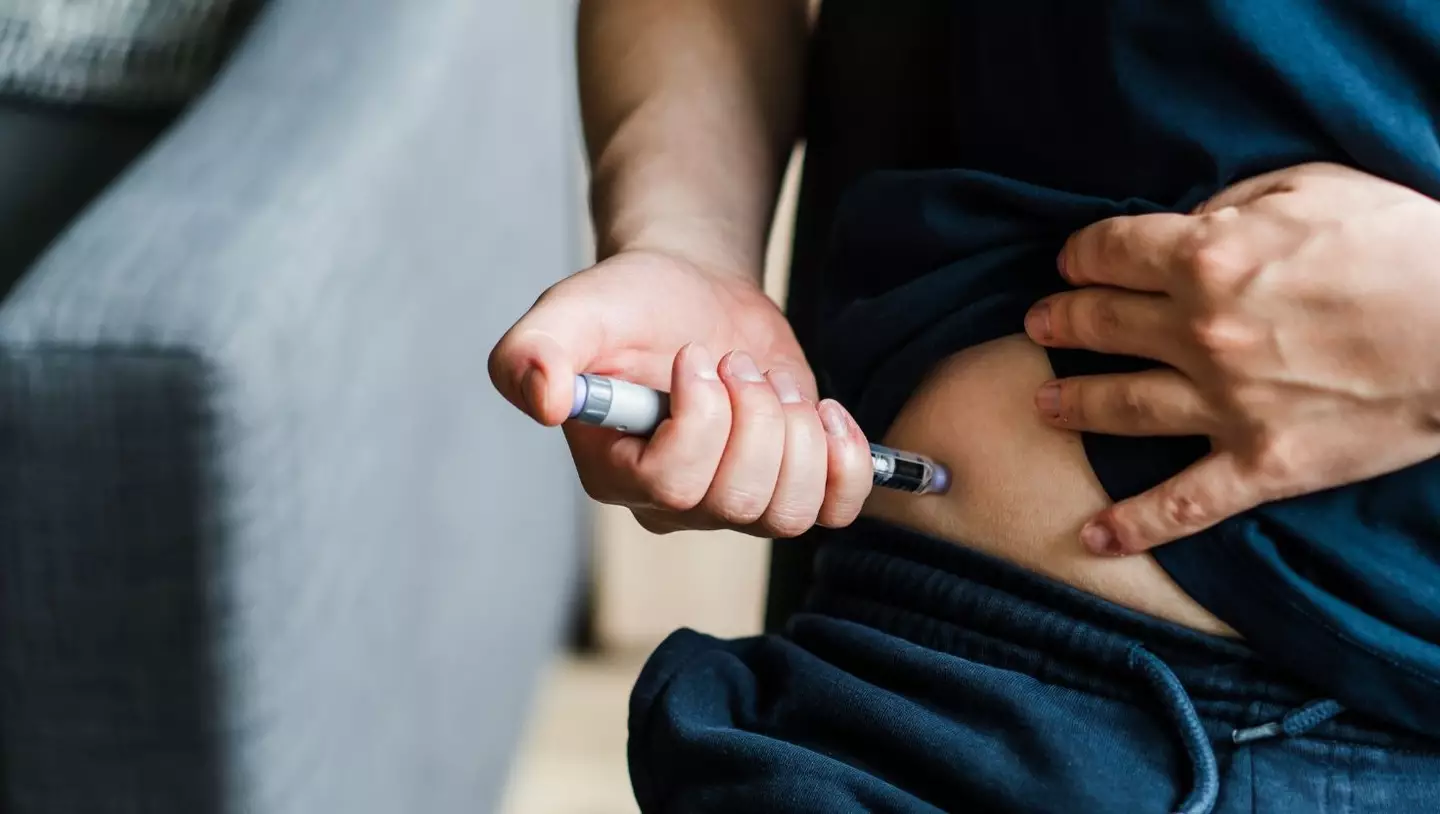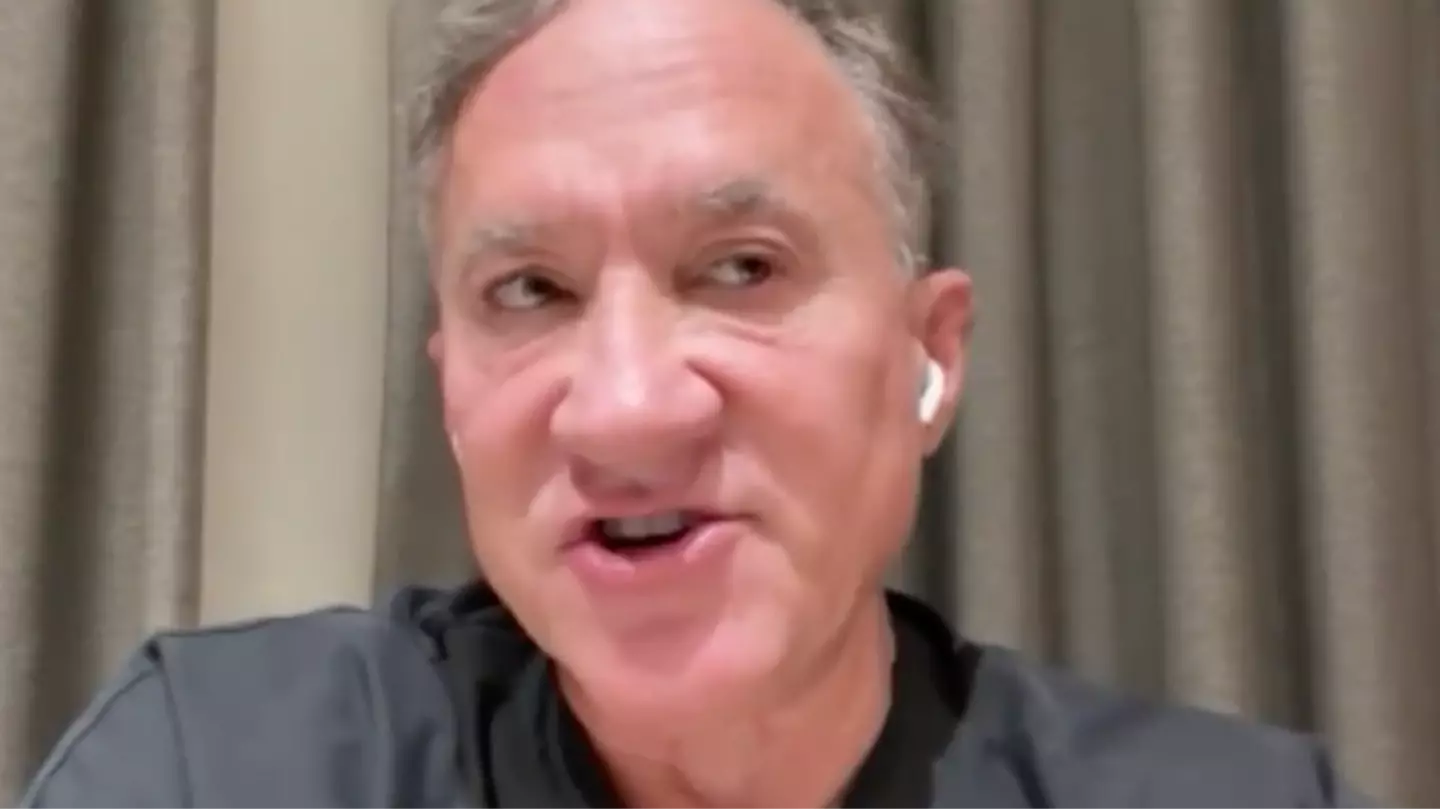An authority has weighed in on the practice of micro-dosing ‘skinny jabs’, claiming there are certain ‘benefits’ to this debated method, even though a woman shared that she ‘lost the will to live’ while using reduced dosages.
Ozempic, though not FDA-approved for weight management, has been noted by some users to decrease appetite, lessen food-related thoughts, and contribute to weight loss.
Dr. Terry Dubrow, a renowned plastic surgeon and television figure from Newport Beach, California, suggests that Ozempic, when taken in minimal amounts, might enhance brain and heart health.
Despite Novo Nordisk’s stance against practices like micro-dosing, Dr. Dubrow believes that a low daily dose might become as routine as taking a multivitamin.
“Even if you’re not overweight, being on these GLP-1 drugs … helps to minimize and prevent a recurrent heart attack,” he conveyed to Fox News.

“I am obsessed with the concept of micro-dosing,” he added. “I think maybe half the starting dose for diabetes is the way to go — and you probably don’t need it every seven days, it’s probably every 10 days, just to sort of modulate the amount of sugar in the blood.”
He further noted that a small dosage of Ozempic is less likely to cause adverse effects such as constipation, nausea, diarrhea, and GERD (reflux).
“I think those side effects are less significant for people who microdose.”
There is no formal guidance for micro-dosing GLP-1 injectables, and it’s advised to consult with a healthcare provider before considering this contentious practice.

However, Medical News Today highlights that there is insufficient evidence to deem micro-dosing semaglutide (Wegovy and Ozempic) ‘safe or effective’.
Dr. Dubrow advises that those opting to use these drugs should boost their protein intake and include resistance training in their exercise regimen to mitigate muscle loss.
Several pharmaceutical companies have criticized micro-dosing. A Novo Nordisk spokesperson stated: “Novo Nordisk recommends that all our products are used as per the recommended doses in the SmPC.
“We do not condone practices such as micro-dosing, which are inconsistent with our clinical trials and licensed doses.”
An Eli Lilly representative told Fox News: “Lilly does not have any data on the benefits or risks of micro-dosing of Zepbound and Mounjaro.”
“Both autoinjectors and Zepbound vials are approved for single-use only — dose-splitting or ‘micro-dosing’ is not contemplated by the FDA label. As such, off-label use of Zepbound and Mounjaro may pose patient safety risks.”
Despite the warnings, one woman shared her experience with micro-dosing GLP-1 meds and its effect on her body.
Charlotte Cripps detailed in The Independent how she divided her 1mg medication dose to 0.50mg and administered it fortnightly.

“The idea behind microdosing is that you may be able to get the same benefits with less of the drug,” she claimed.
“There are no specific studies to compare microdosing regimes with approved dosages, so nobody has a clue about how safe it is,” Cripps wrote.
She revealed that while she successfully shed up to a fifth of her body weight over a year and normalized her cholesterol levels, she felt ‘miserable’ and faced a risk of nutritional deficiency and muscle loss.
She concluded: “I lost the will to live. I had no social life.”

